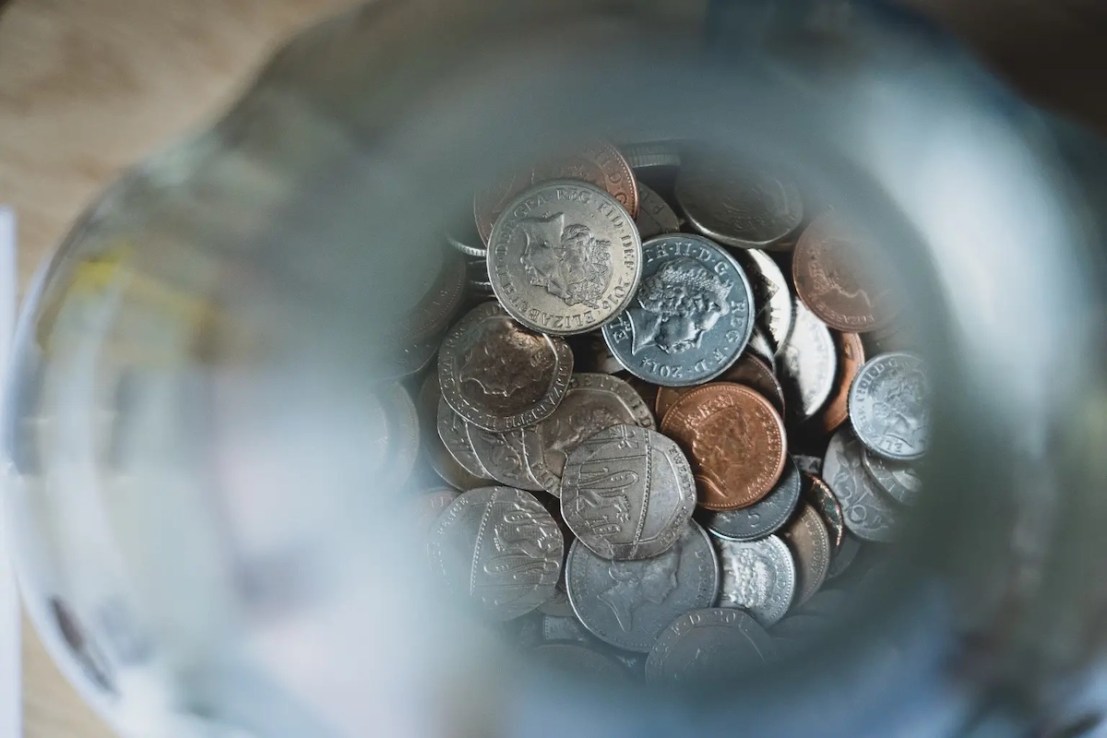Borrowing in October hits second-highest on record after inflation blow
The government borrowed £1.6bn more in October than the previous year, making it the second-highest figure for the month in more than 30 years. The government’s borrowing – the difference between spending and income – hit £17.4bn in the last month, the Office for National Statistics said this morning. The body said the government’s current [...]


The government borrowed £1.6bn more in October than the previous year, making it the second-highest figure for the month in more than 30 years.
The government’s borrowing – the difference between spending and income – hit £17.4bn in the last month, the Office for National Statistics said this morning.
The body said the government’s current budget deficit, meaning borrowing to fund day-to-day spending, sat at £12.7bn last month, almost half-a-billion pounds up on the previous, marking the second-highest October deficit since 1997.
It also said central government debt interest payable was £9.1bn, £0.5 billion more than in October 2023 – and the highest figure for the month since records.
ONS Deputy Director for Public Sector Finances Jessica Barnaby said: “This month’s borrowing was the second highest October figure since monthly records began in January 1993.”

Despite the cut in the main rates of National Insurance earlier in 2024, total receipts rose on last year. However, with spending on public services, benefits and debt interest costs all up on last year, expenditure rose faster than revenue overall.”
In its figures, the ONS also said borrowing in the financial year to October was £96.6bn, an increase of £1.1bn and the third highest financial year-to-October, ever.
This comes after the government’s Autumn Budget which included a massive £40bn tax raid, including an increase in inheritance tax and the minimum wage. This was to fuel a spending spree on public services, and to tackle what the government called a £22bn black hole in the public finances.
Responding to this morning’s figures, Chief Secretary to the Treasury Darren Jones said: “We inherited a £22 billion black hole in our public finances from the previous government. At the Budget we addressed this, fixing the foundations and putting public finances on a sustainable footing to rebuild the country.
“This government will never play fast and loose with the public finances. Our new robust fiscal rules will deliver stability by getting debt down while prioritising investment to deliver growth.”


